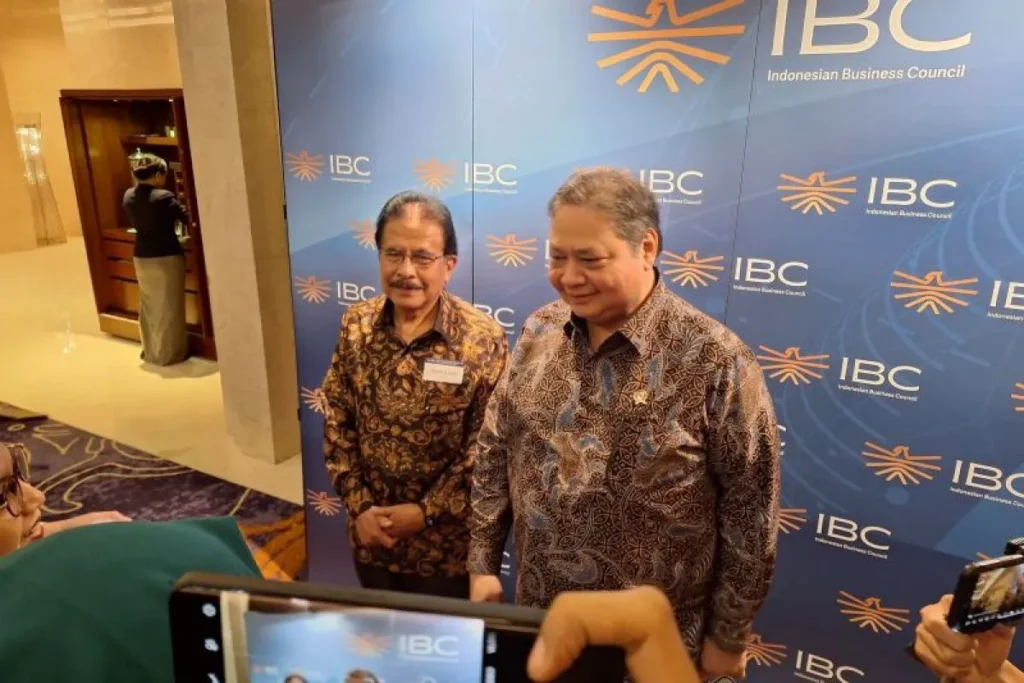Indonesia’s Special Economic Zones (SEZs) serve as a model for the recently established Johor-Singapore SEZ, aiming to bolster regional growth and attract global investments.

Coordinating Minister for Economic Affairs Airlangga Hartarto highlighted Indonesia’s influence on the development of the Johor-Singapore Special Economic Zone (JS-SEZ) in the Malacca Strait. Speaking on Monday at the 2025 IBC Business Competitiveness Outlook event, Hartarto remarked on the resemblance between the newly established JS-SEZ and Indonesia’s own SEZ initiatives.
“We cannot bar other countries from copying us. What we can do is compete against them,” Hartarto stated.
The JS-SEZ was officially launched last week after Malaysian Prime Minister Anwar Ibrahim and Singaporean Prime Minister Lawrence Wong signed a joint agreement in Putrajaya, Malaysia. The initiative is expected to stimulate regional economic growth, enhance national economies, and attract global innovation and investments.
Hartarto underscored Indonesia’s success in developing its SEZs, which have driven advancements in critical mineral commodities and digital innovation. He noted that neighboring countries, particularly Malaysia, have been inspired by Indonesia’s model to integrate AI and cloud computing into their economic frameworks.
Since 2012, Indonesia has established 24 SEZs across various sectors, including manufacturing, digital economy, health and education, and aircraft maintenance. These zones have attracted Rp256.7 trillion (US$15.78 billion) in investments and generated 156,208 jobs. In 2024 alone, SEZs secured Rp82.6 trillion (US$5.08 billion) and created 42,930 new employment opportunities.
The JS-SEZ, a collaborative effort between Malaysia and Singapore, is poised to further elevate regional cooperation and competitiveness.
Source: ANTARA







